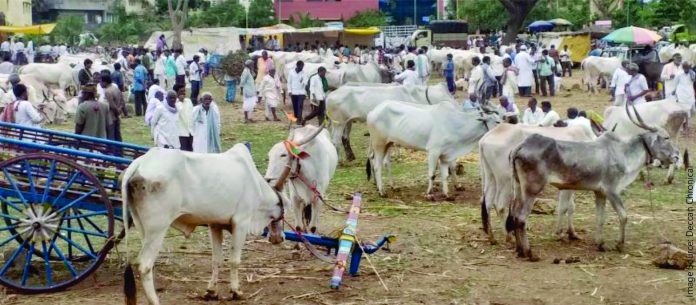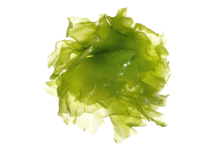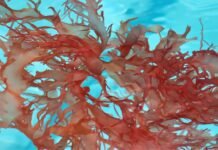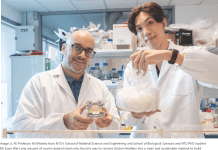Methane gas emissions from livestock is one of the main contributors to the greenhouse effect that contributes to climate change, and India is taking steps to reduce livestock-produced methane with the introduction of a feed supplement that cuts emissions of this gas by 30 to 50%, deputy director general of Indian Council of Agricultural Research, Dr S.K. Chaudhari said recently.
He said ICAR’s National Institute of Animal Nutrition and Physiology has developed a cattle feed supplement which when mixed with the animal feed, significantly reduces methane emissions, particularly from ruminants — animals such as buffaloes and cows which bring back their food from their stomach and chew it again.
“Some animals like buffalos are known for enteric fermentation and rumination and during this process, a lot of methane is emitted. This occurs at a rapid rate among buffalos, and research indicates that the NIANP-developed supplement can reduce methane emissions by 30 to 40%,” he said.
The feed supplement, Harit Dhara, has been licensed by ICAR so far to three companies for commercial production. While the product itself is proven to work, the challenge, according to Niroj Mohanty of Hyderabad-based Core CarbonX Solutions Pvt Ltd., one of the three companies licensed to produce and market Harit Dhara, the dairy industry is not as organized in India with a significant percent of milk production coming from people owning two or three milch cattle.
“There are few large diaries and the big ones have around 1,000 or so cattle. We are working on the best way to reach these people as the product has to be pushed, and there is no pull for it from cattle owners and this is a critical challenge,” he said.
According to Dr Chaudhari, who was in the city to take part in the three-day G20 Technical Workshop on Climate Resilient Agriculture that concluded recently, said climate change does not just affect crops but also has an impact on animal husbandry, fisheries, aquaculture, and poultry. When temperatures rise, milk production and the lifespan of cattle get affected, and ICAR has developed inexpensive systems that can be adopted for sheltering animals and controlling temperature and humidity levels. While marine fisheries may not be impacted much, and some fish species may gain from climate change impacts, negative impacts can be seen in freshwater or brackish water aquaculture resulting in reduced yields, he explained.













